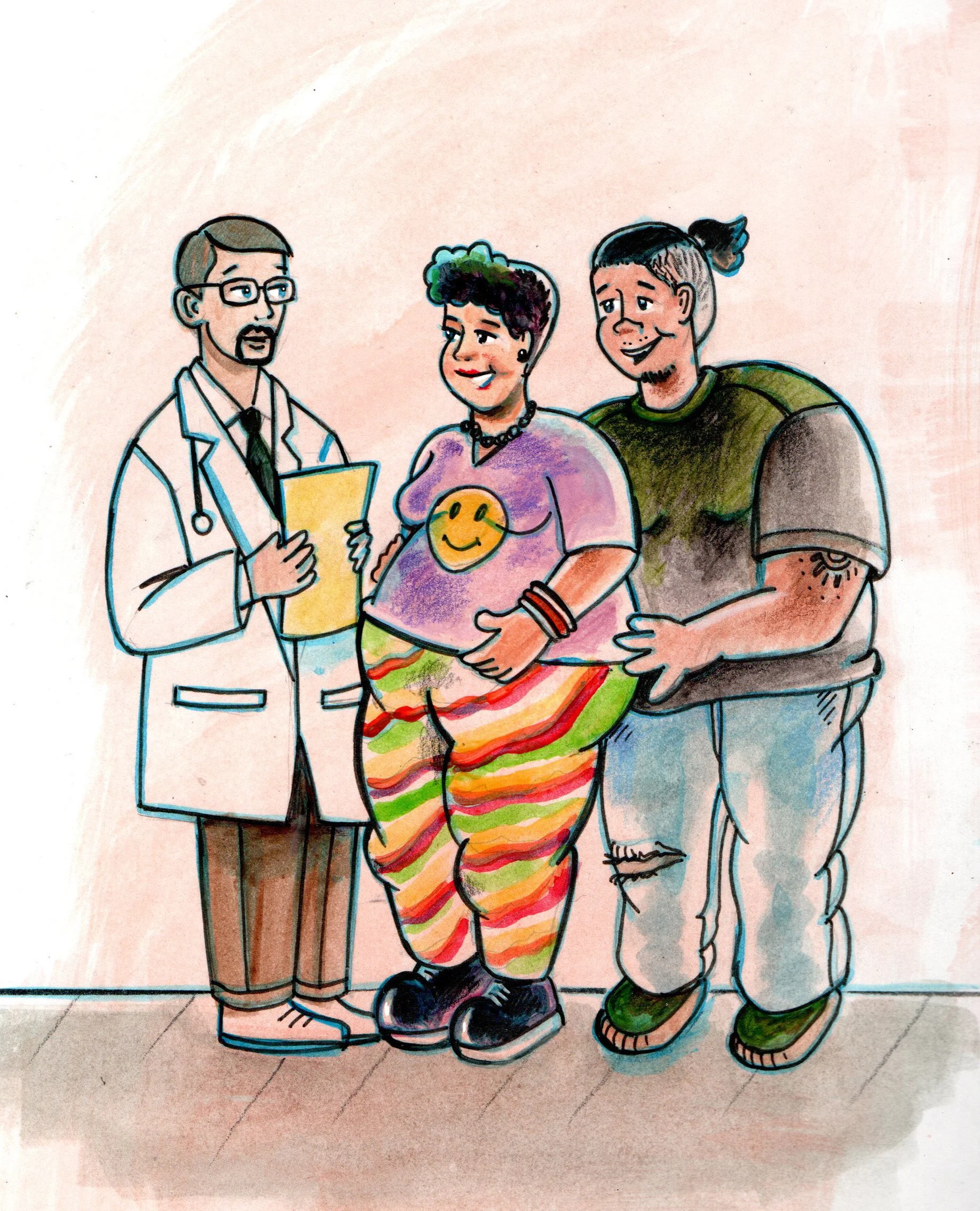Trying to get pregnant
Everyone should be able to access fertility care when they need it so we can create the families we want. The criminalization of fertility care impacts those most marginalized, like BIPOC, LGBTQ+ folks, poor folks who can’t travel for care in other states, folks with other health issues that make conception hard, and others, according to Fertility Justice Now.
“Fetal personhood” laws as well as laws that ban abortion at fertilization can make it illegal to provide IVF. However at this time, people accessing care who are trying to get pregnant are less likely to be criminalized than any other group represented in this model. There is even a precedent for the decriminalization of destruction of embryos:
There are no current examples of cases in Georgia, but in February 2024, the Alabama Supreme Court ruled that frozen embryos are considered "children" under the state's wrongful death law, meaning those who destroy them can be held liable.
This ruling stemmed from lawsuits filed by parents whose frozen embryos were accidentally destroyed at a fertility clinic.
In response, Alabama lawmakers passed a bill in March 2024 granting civil and criminal immunity to IVF providers and patients for the destruction of embryos during the IVF process.
